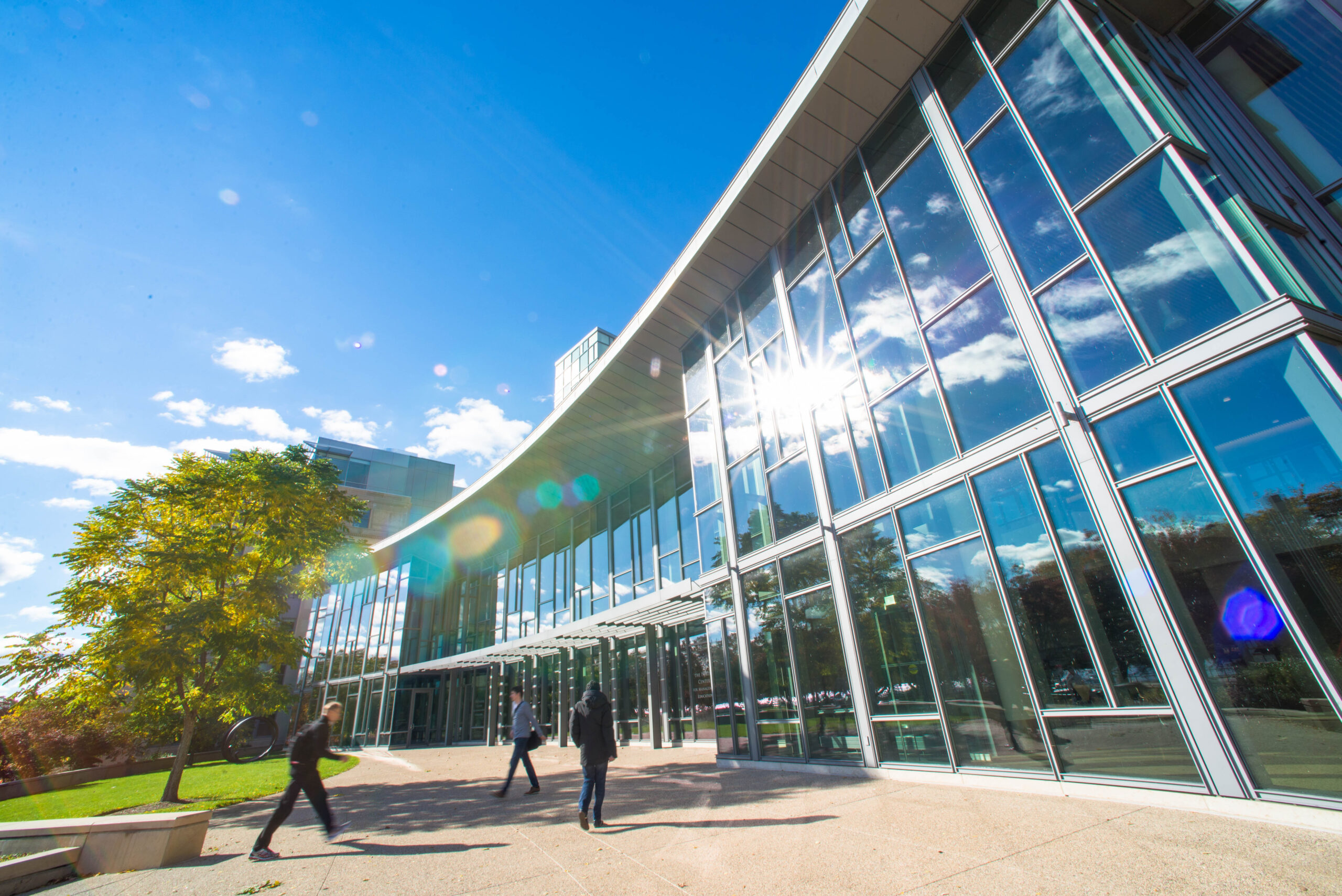The MIT Center for Collective Intelligence explores how people and computers can be connected so that
—collectively—
they act more intelligently than any person, group, or computer has ever done before.
Research
We conduct research on how people and computers can work together more intelligently, and on the underlying scientific questions that help make this possible.
People
This first-of-its-kind effort draws on the strengths of many diverse organizations across MIT, researching how new technologies are changing the ways people work together.
Sponsors
Our partners participate in research activities and receive expedited access to findings through interaction with faculty, attendance at conferences, and a chance to see early versions of publications.
RESEARCH PROJECTS
The MIT Center for Collective Intelligence brings together faculty from across MIT to conduct research on how people and computers can work together more intelligently, and on the underlying scientific questions that help make this possible.
PEOPLE
Led by Prof. Thomas Malone, the center is comprised of faculty, research scientists, students, and administrators both at MIT as well as with affiliated institutions.
Thomas Malone
Director; Patrick J. McGovern Professor of Management
Kathleen Kennedy
Executive Director
Robert Laubacher
Associate Director, Research Scientist
Peter Gloor
Research Scientist







